Native American student at Sac State shares her story
October 22, 2015
The following is an op-ed demonstrating the views of the author in light of an alleged disenrollment from a history class at Sac State. The State Hornet sides with neither the student nor the professor.
The truth about the American Indian genocide has been covered up for far too long. For native students such as myself, this truth is not something we are used to hearing in a classroom. We are told horror stories of the days of the genocide, not from professors but from our parents and elders.
I am Navajo from Northern Arizona, as well as Maidu from the Sierra Mountains here in California. I am descended from survivors of the Long Walk, a forced relocation death march that spanned from Arizona to Bosque ReDondo, New Mexico.
My own mother, aunts, and uncles are survivors of the boarding school system, whose sole purpose was to “kill the Indian, save the man.” The survivors I come from were forbidden to speak their native language, forbidden to practice their spirituality, forbidden to claim or participate in any part of our native culture, and were beaten and forced into assimilation.
On my Maidu side, my great-great-grandfather had 12 children in his lifetime; by the time he had become an old man, only one survived. His other 11 children were murdered, kidnapped and worse, or had been hooked onto alcohol by the settlers who were bent on annihilating our people by any means possible.
Our village in the Sierra Mountains was once a peaceful, sacred place, but after the waves of genocide hit, my grandparents could not go out past sun down because they would be shot, or worse, by the homicidal ranchers who had seeped into the mountains.
These familial histories are critical to our education as native people, because they teach us how to survive in a system that was founded in the blood of our ancestors. This system does not want you and I to know this history.
American History Professor Maury Wiseman said to his class, “I don’t like to use the word genocide because it implies that [the decimation of American Indians] was on purpose, and most natives were wiped out by European diseases.”
As so many people have astutely point out, Wiseman is the professor and I am not; however, it seems that Professor Wiseman is undermining the entire premise that with academic freedom comes academic dissent and factually supported discourse. In doing so, he discredits himself and the University he represents.
As a human being, he has the right to exercise academic freedom. As a professor, of history in particular, he must answer to academic responsibility. As a history professor, he has the responsibility to be historically accurate, not dogmatically selective.
Whether he “likes” to use the word genocide or not, it is indisputable that it is what happened here to the Indigenous peoples of the Americas, in California in particular. Facts are facts. To deny such in 2015, when the evidence can be found with a single Google search, demonstrates a complete lack of academic rigor; to label a student a hijacker and tell her she is evicted from a course for challenging this erasure with factual evidence is unprofessional, and, yes, bigoted and prejudiced.
Students of the university, I address you directly. We are the next generation of people to run the world.
By now, we understand the importance of recognizing truth and fighting for the integrity of what we believe is right. We, too, are afforded academic freedom, and we must be allowed to speak up for ourselves without being treated the way I was. We have a right as future leaders to demand a higher standard of teaching from our instructors; the advancement of our society depends on it.




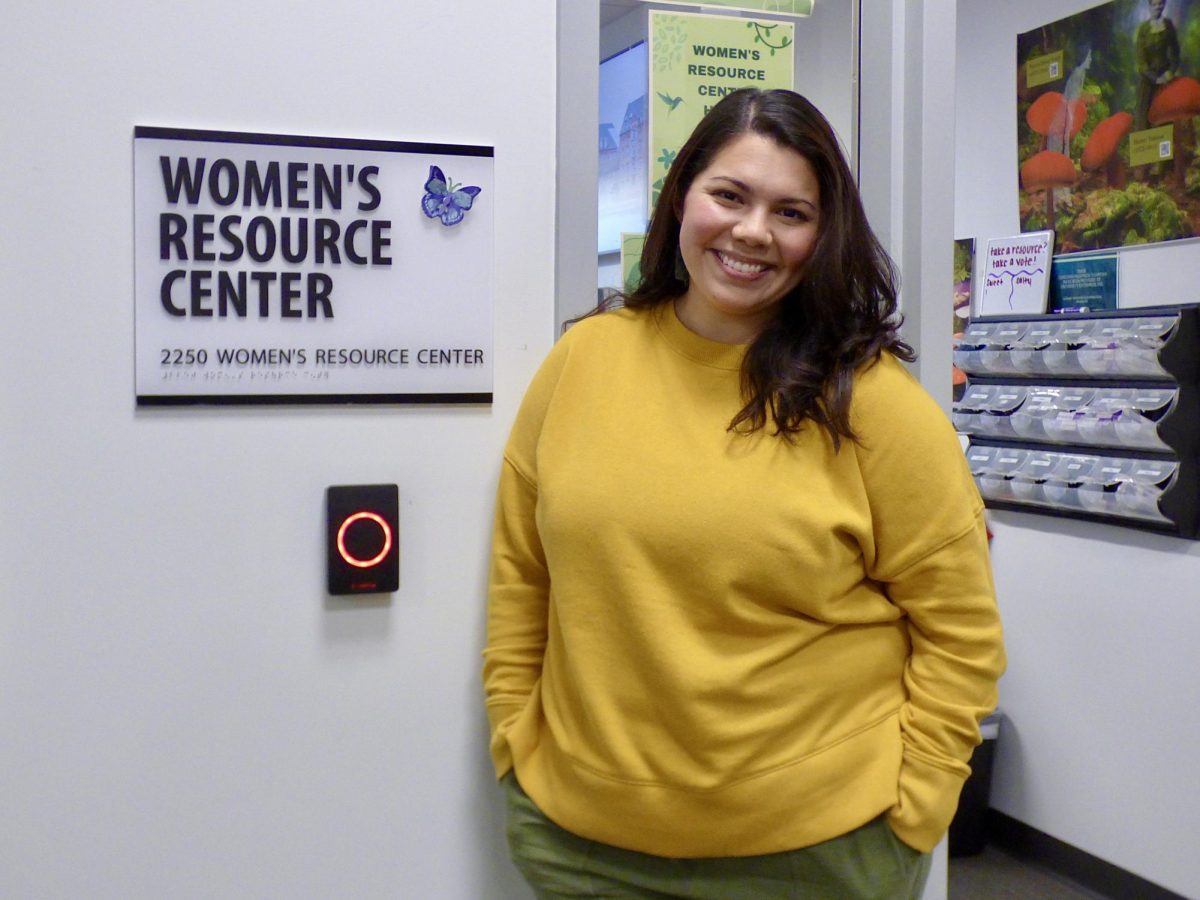
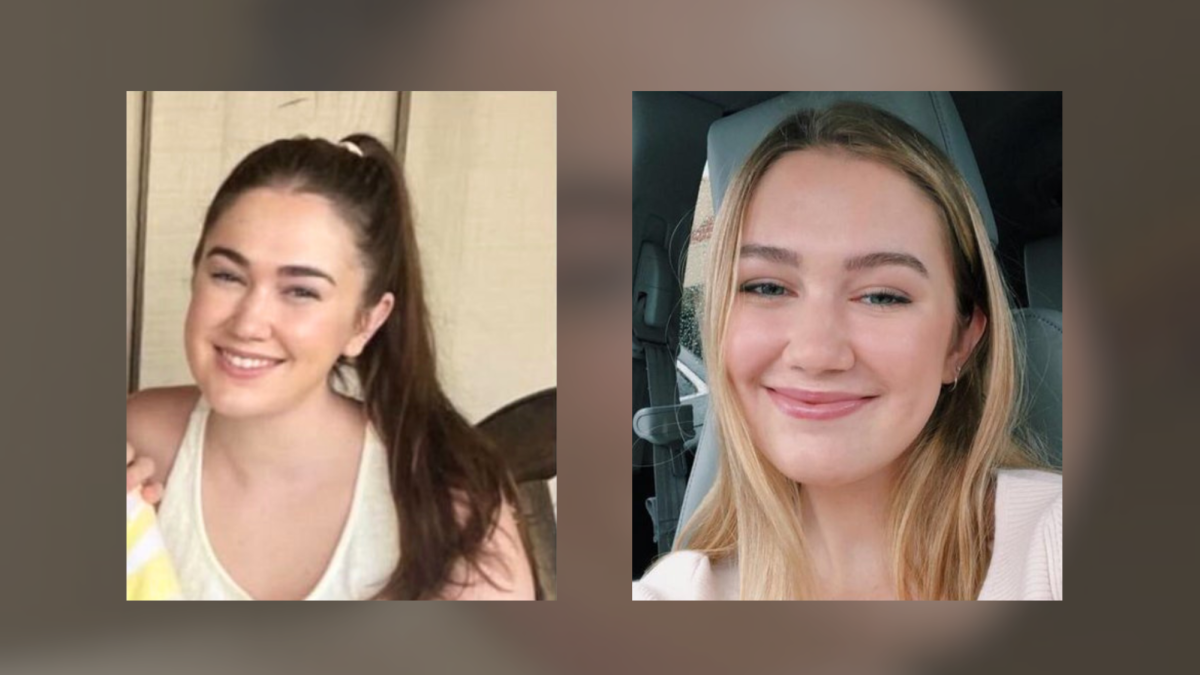
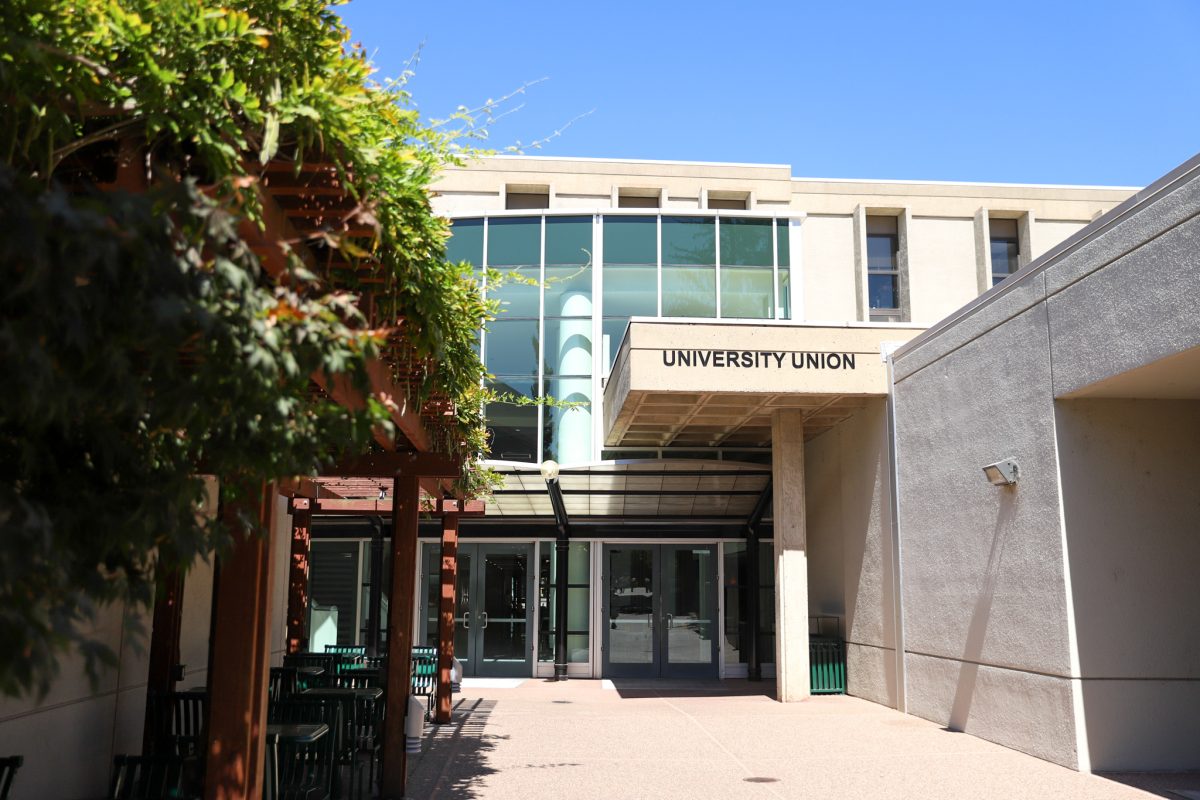


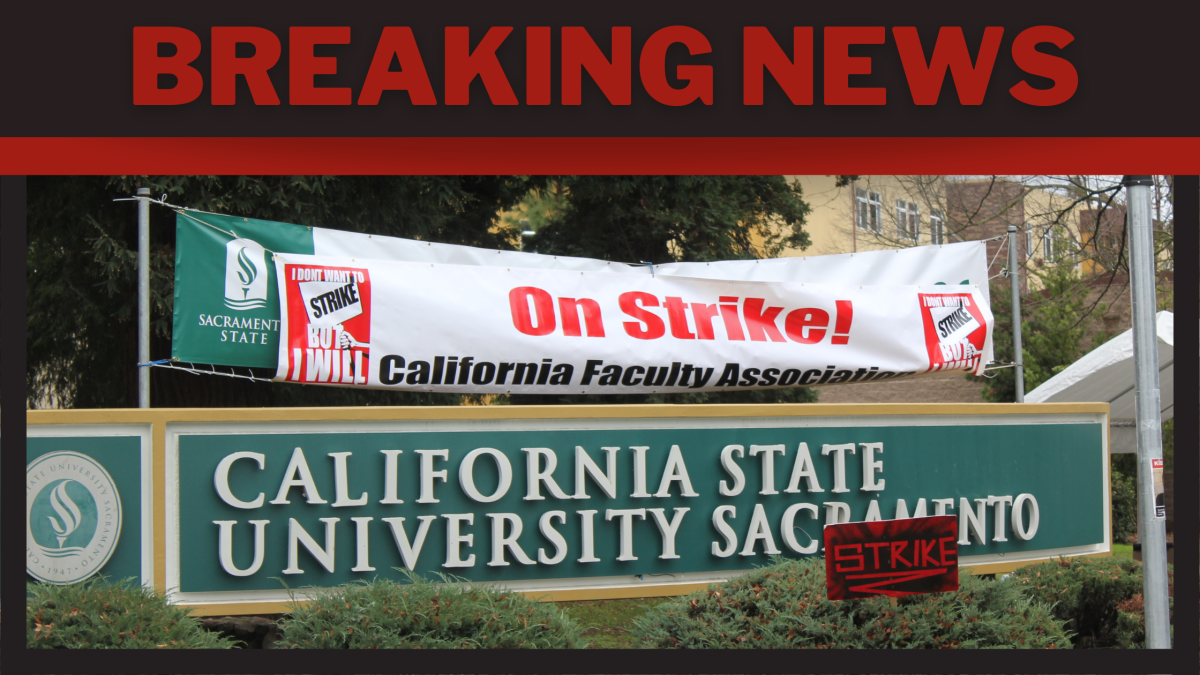
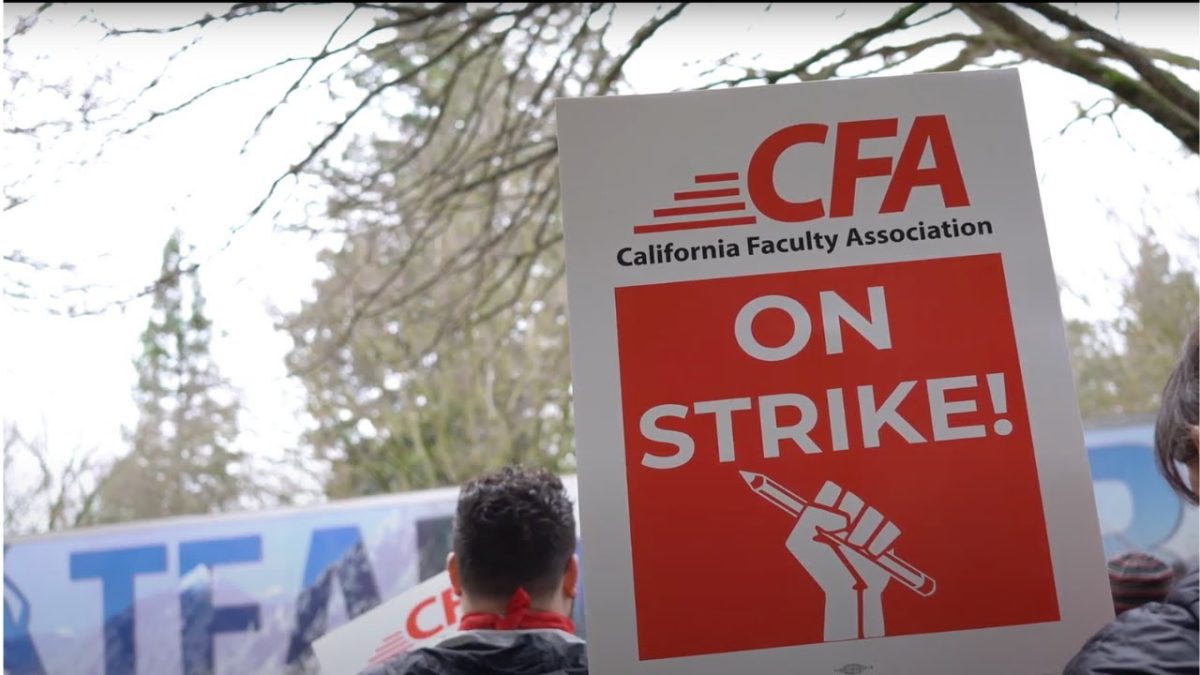



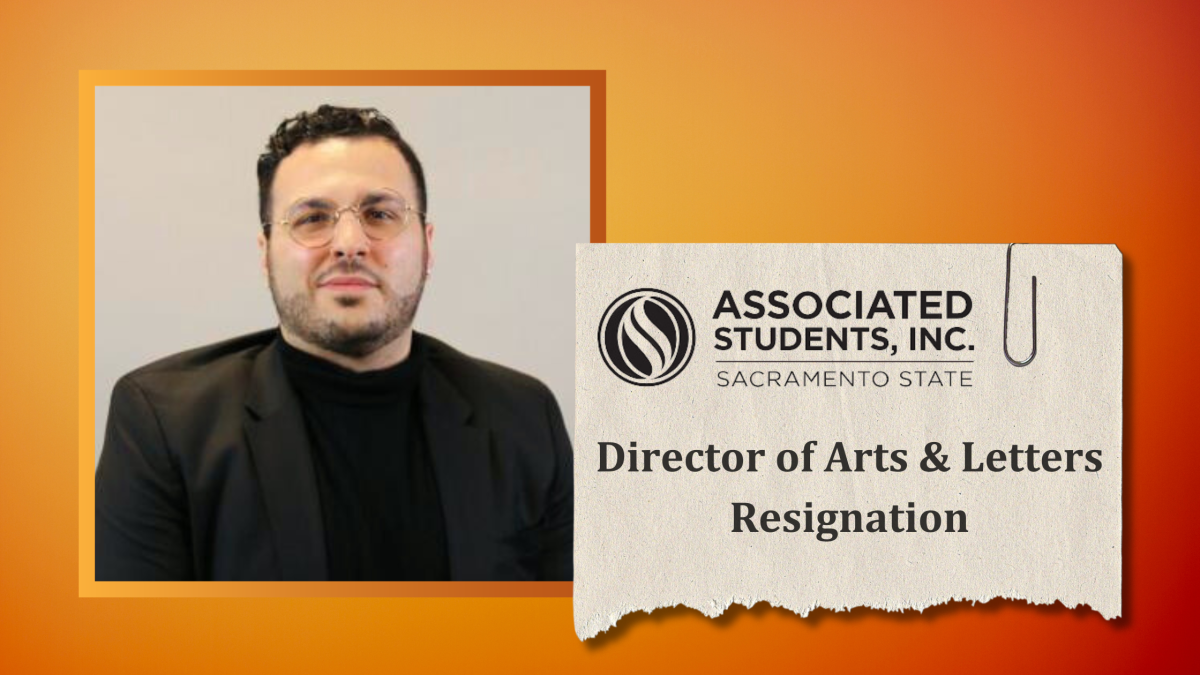












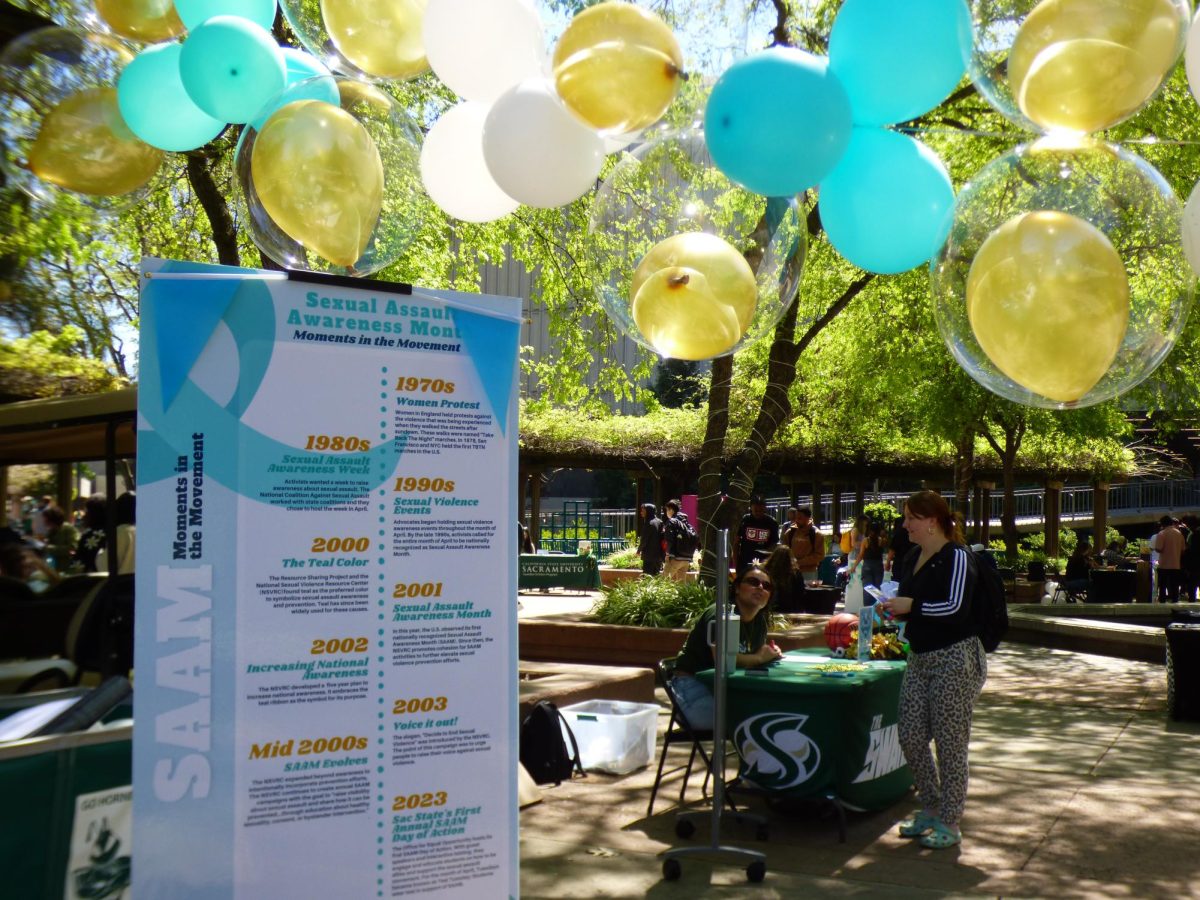
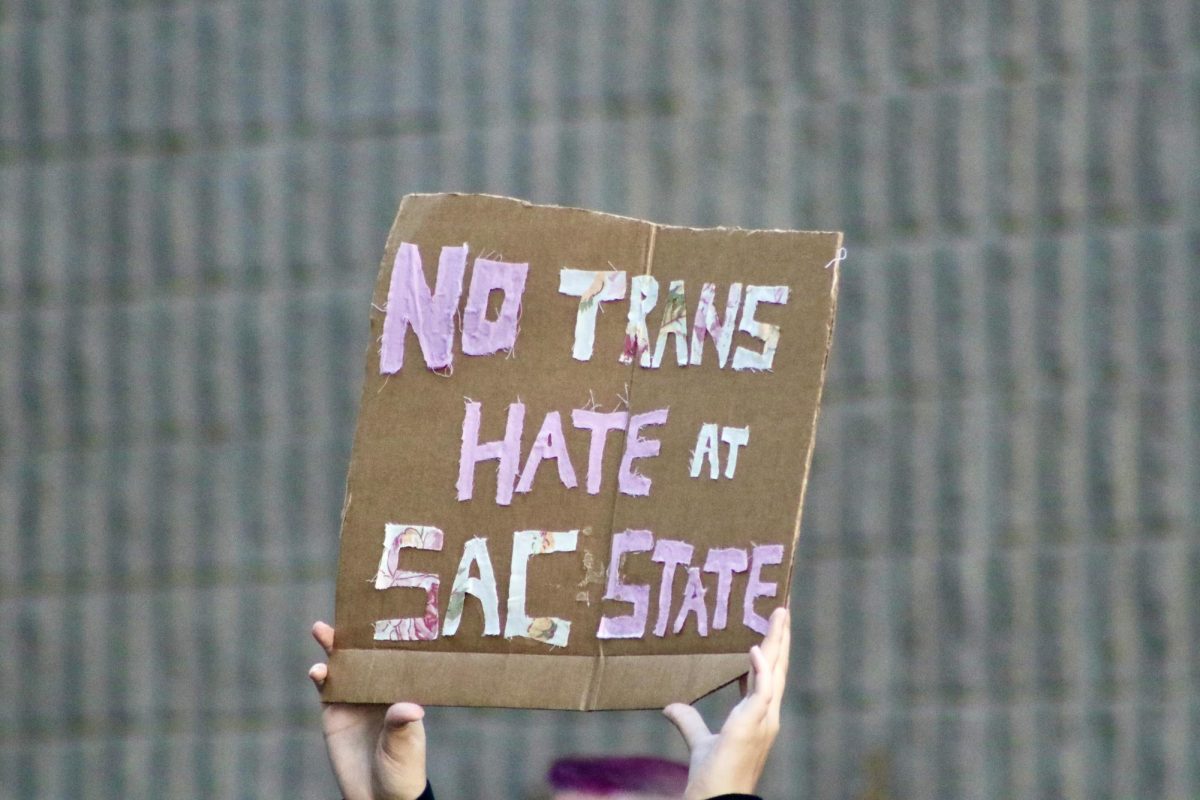










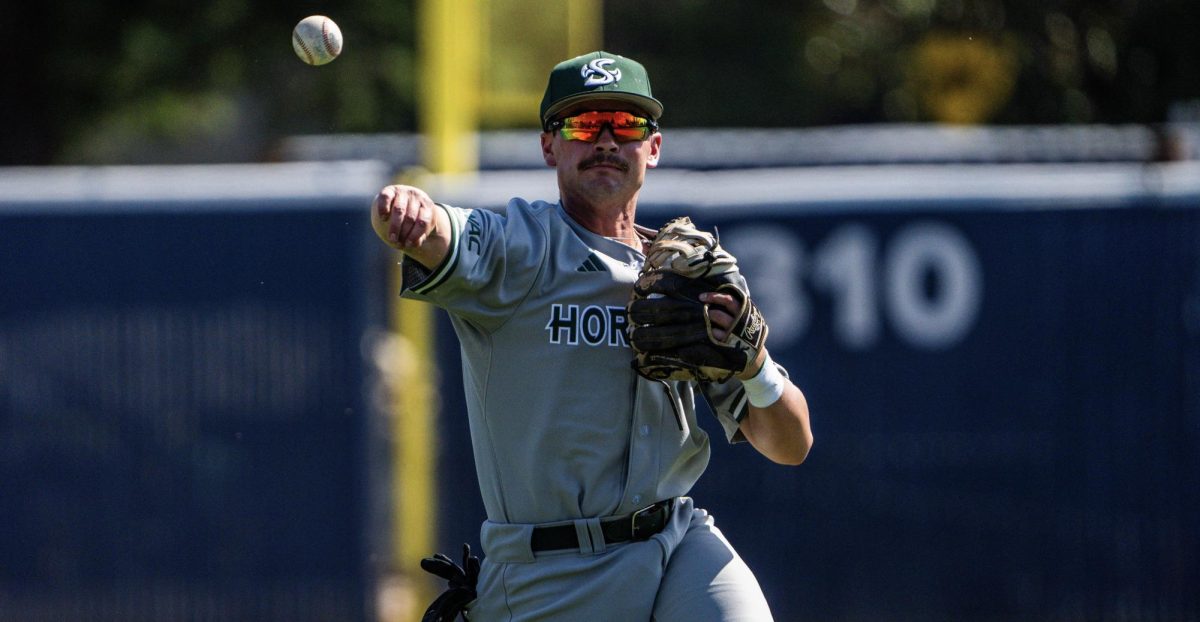





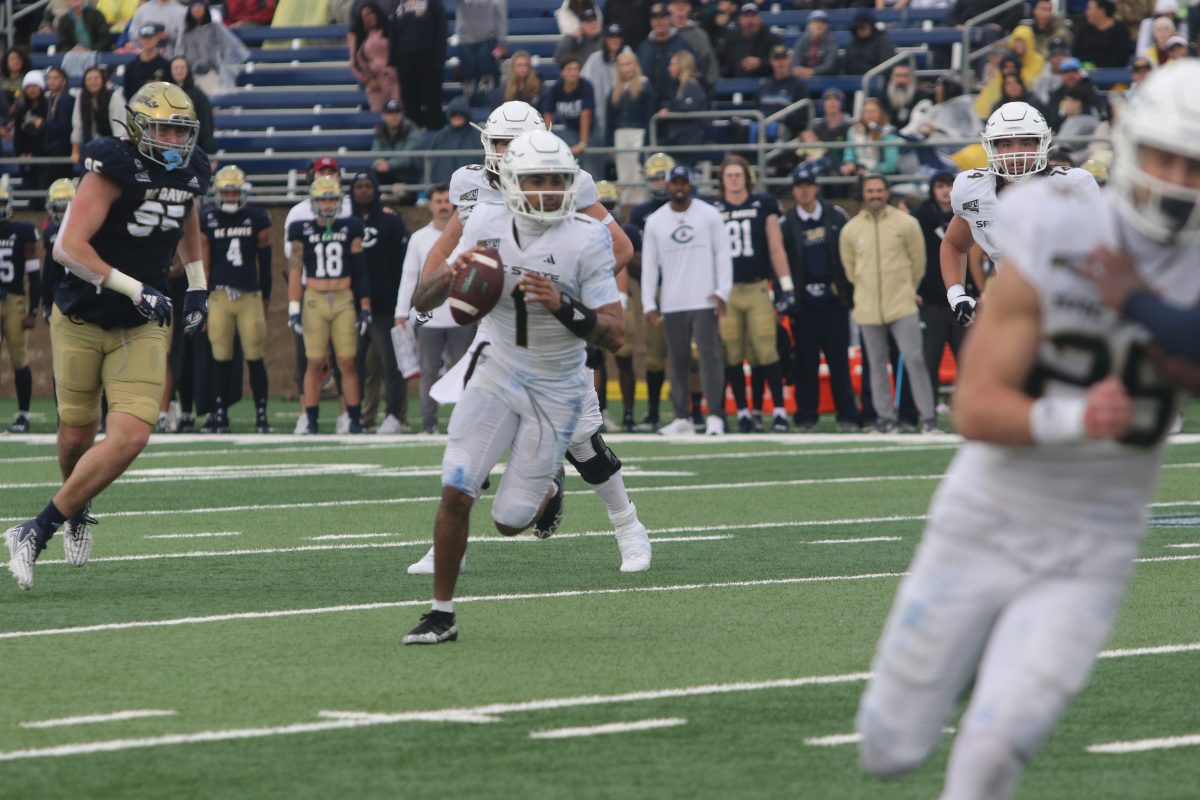













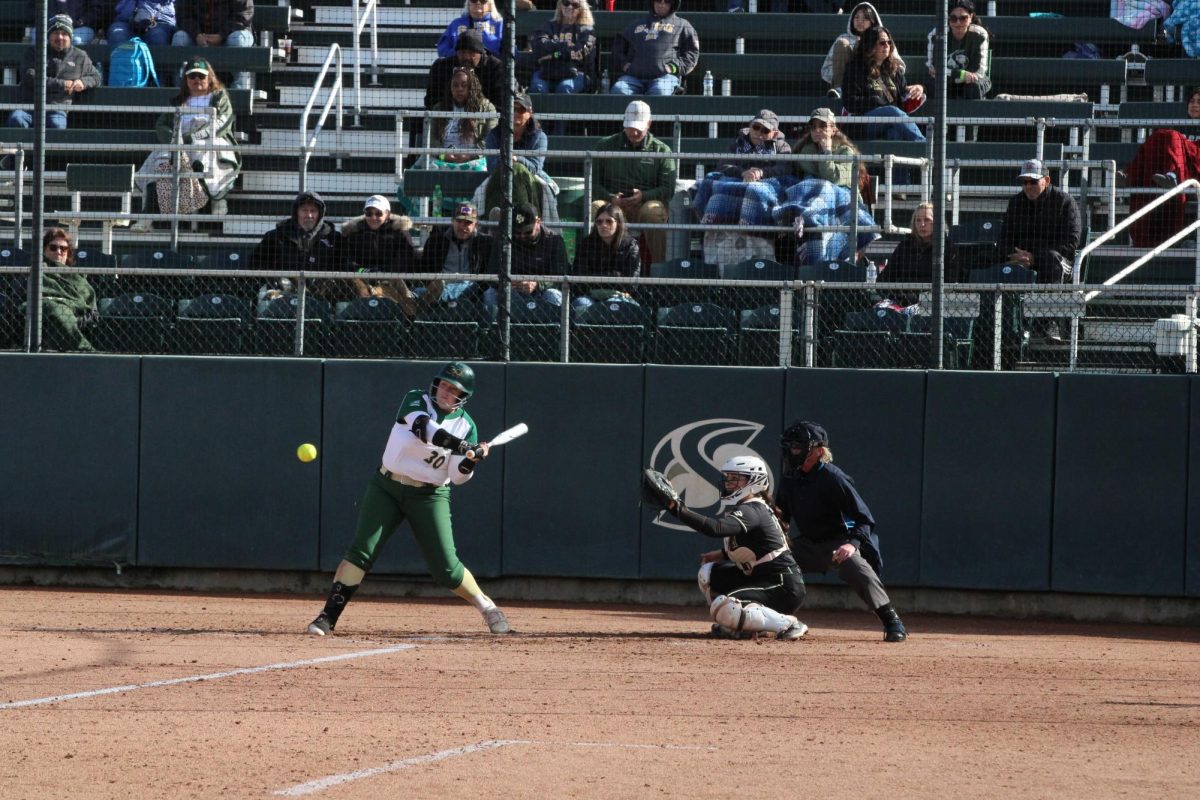

















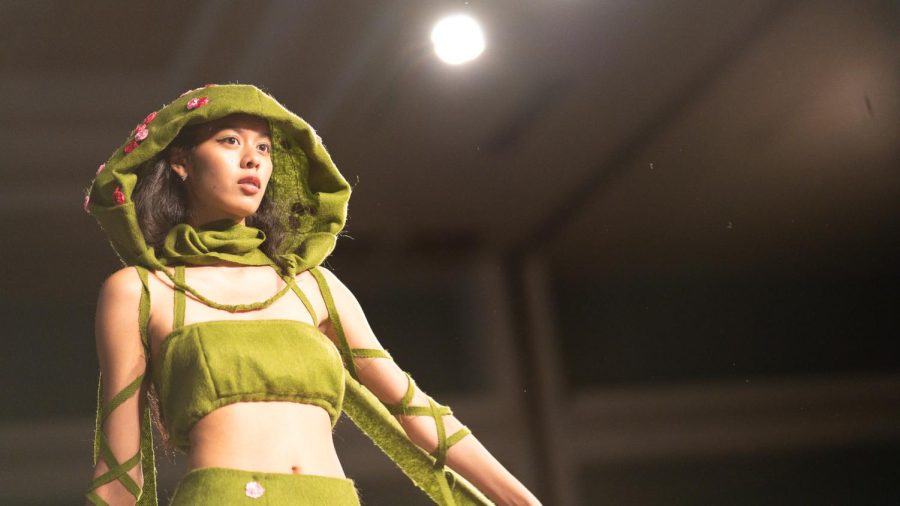








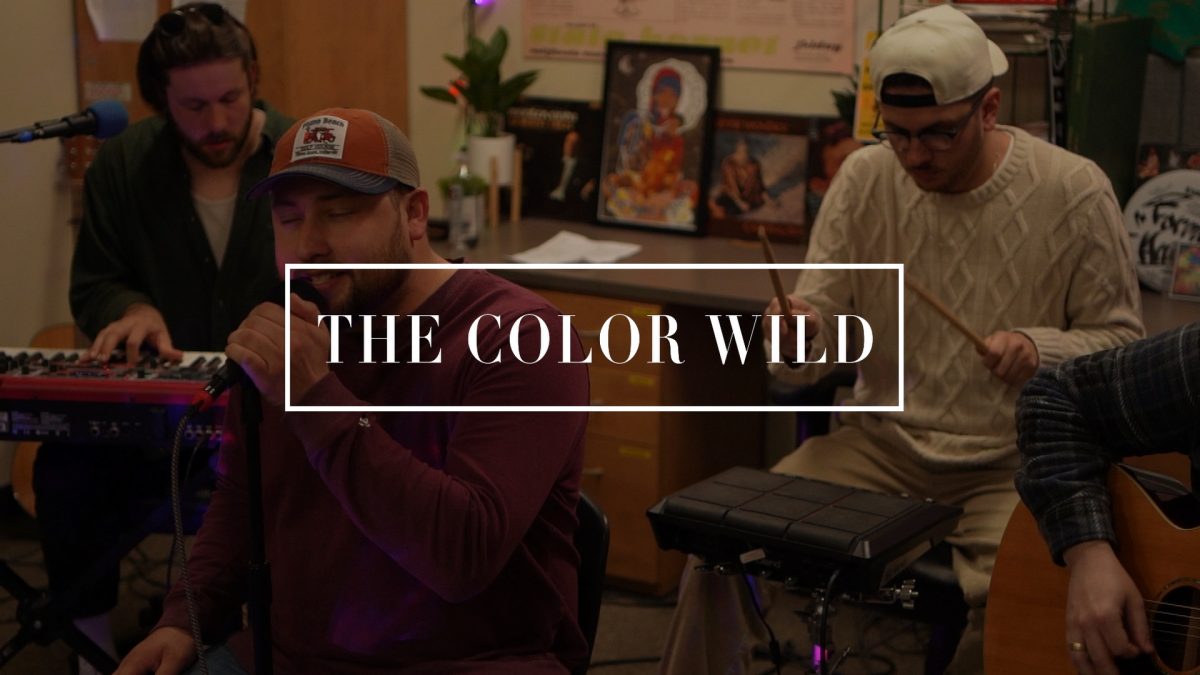
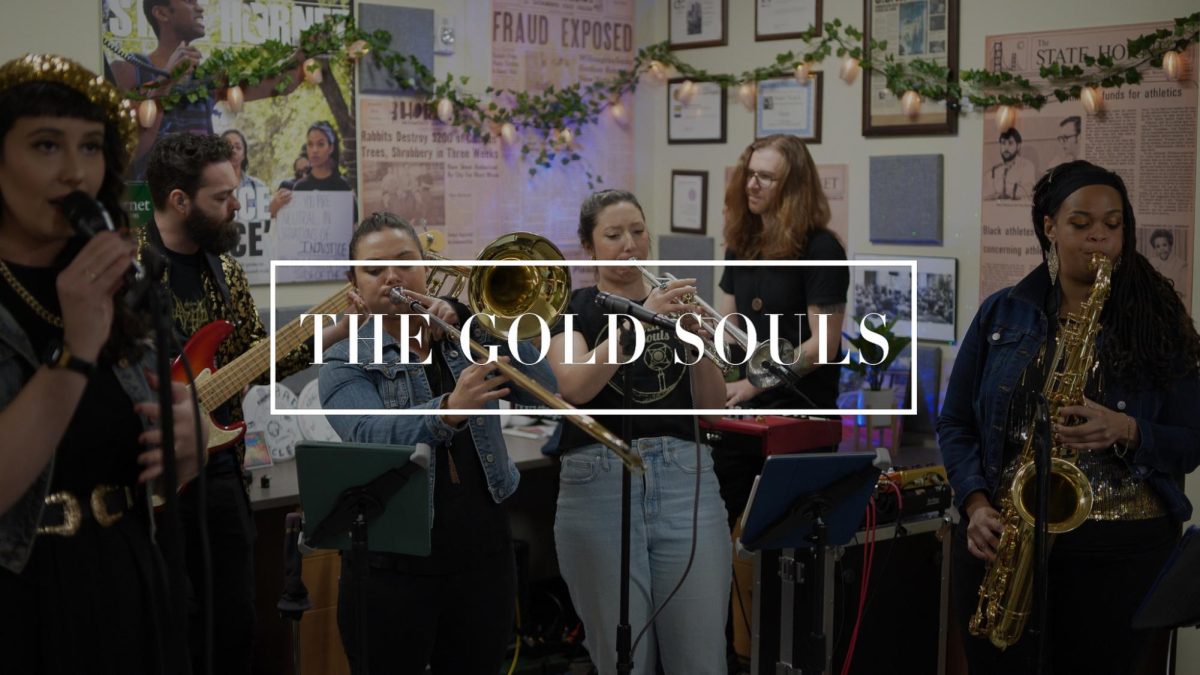










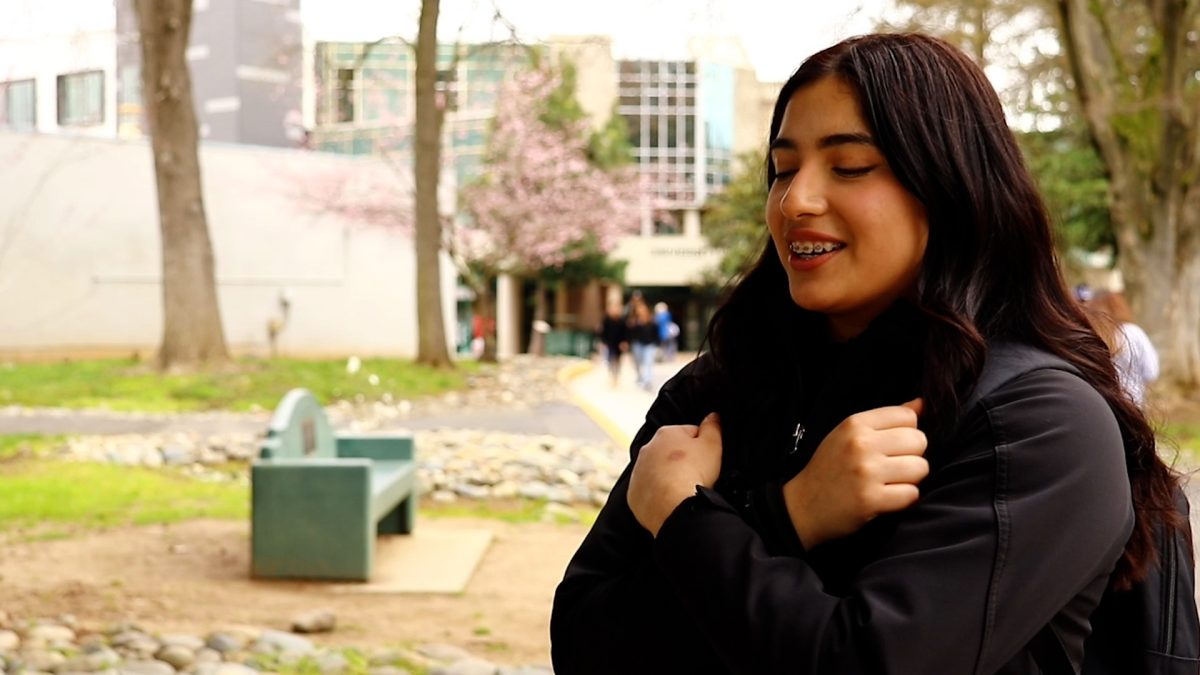

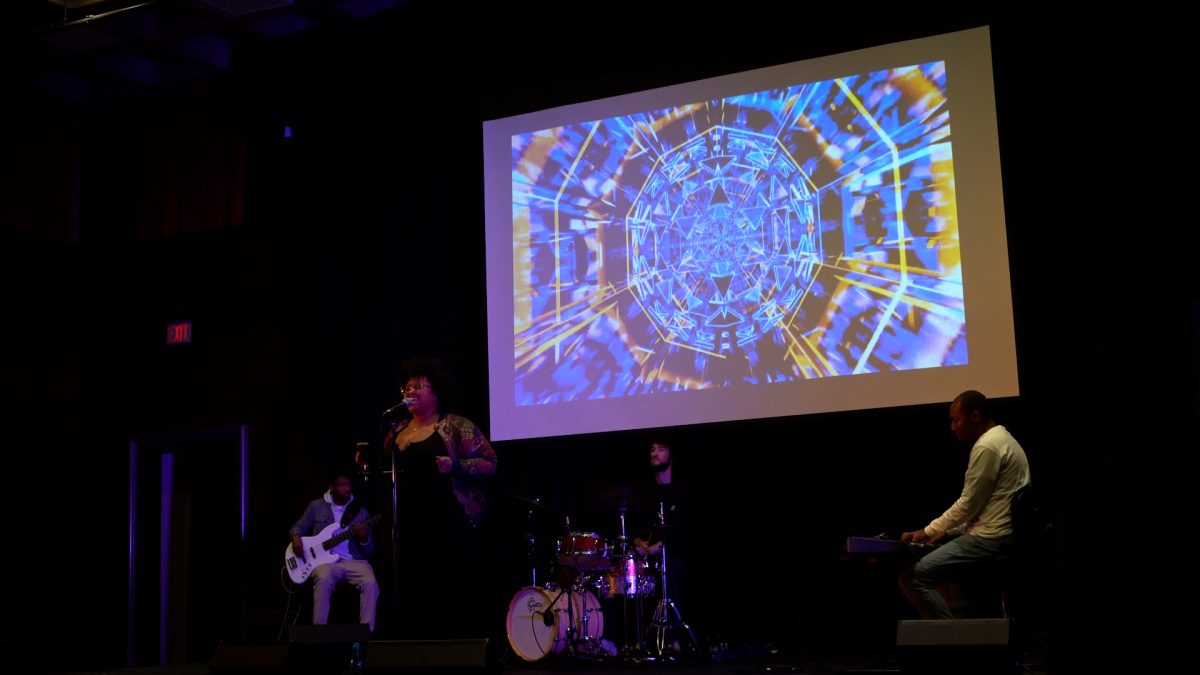














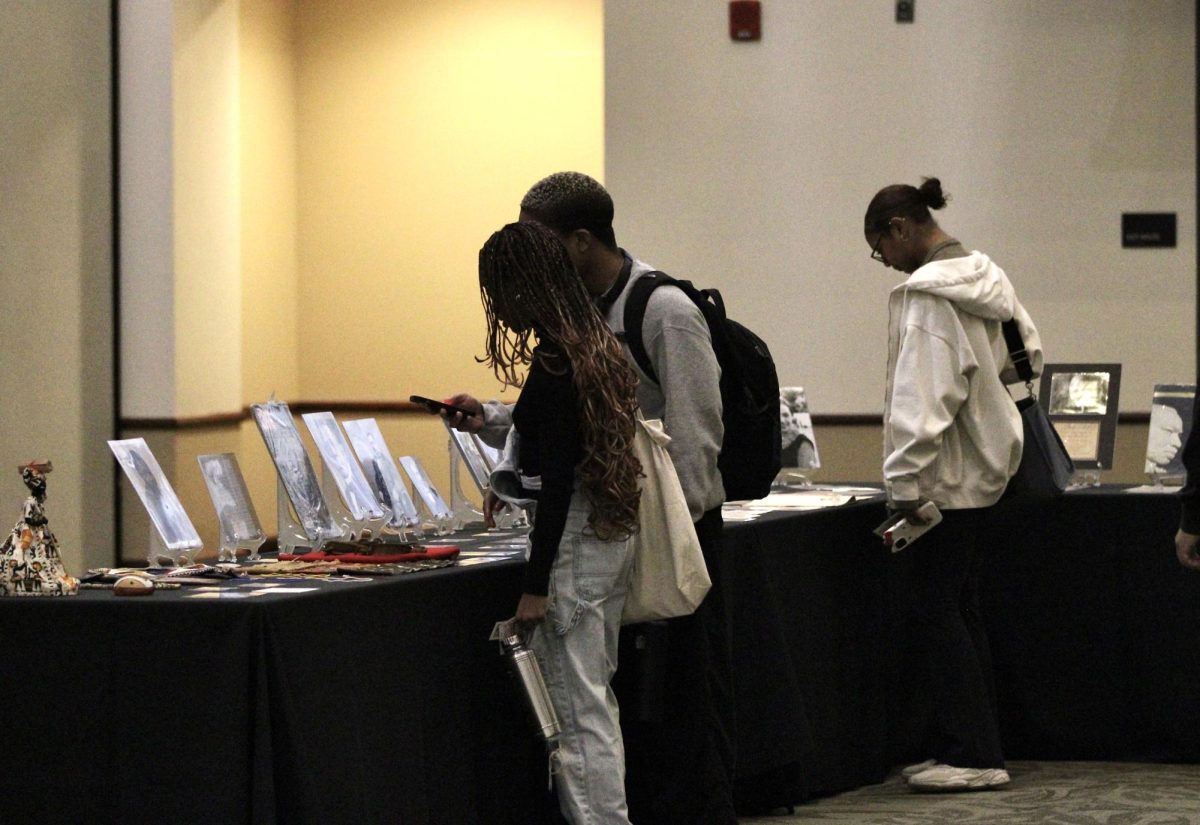












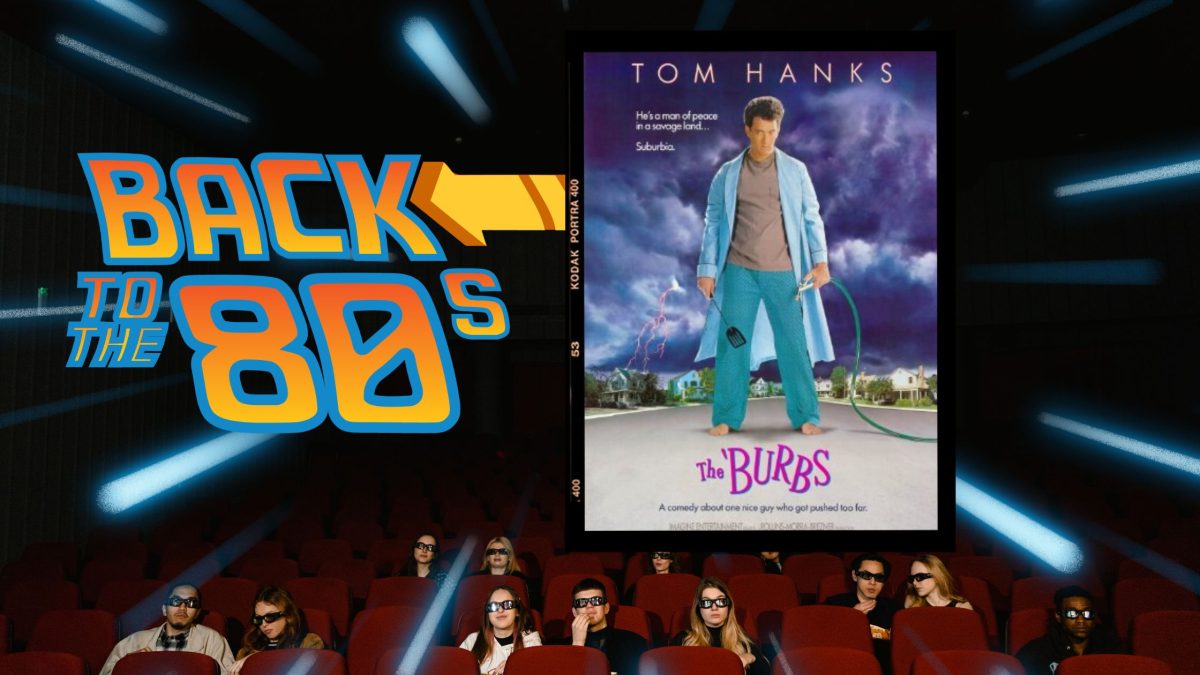

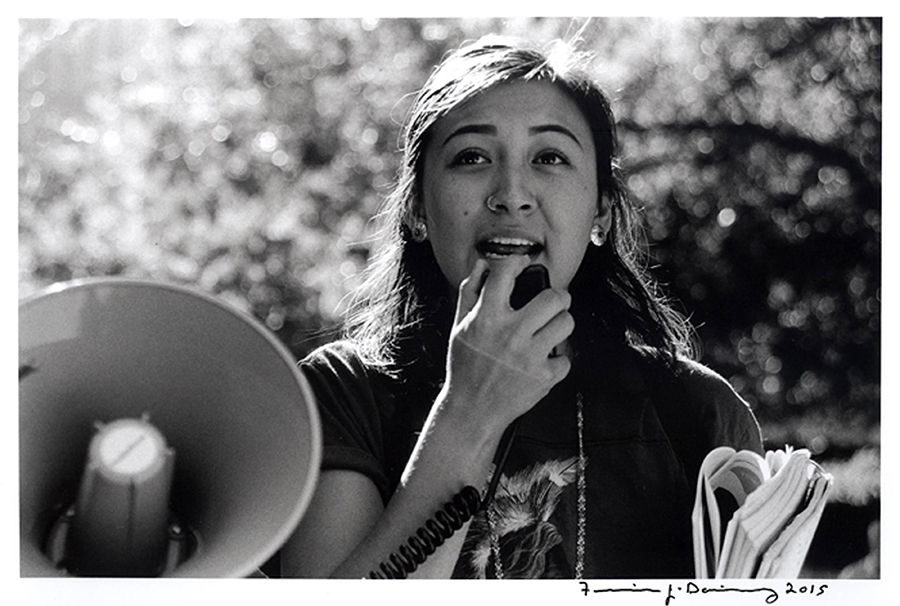
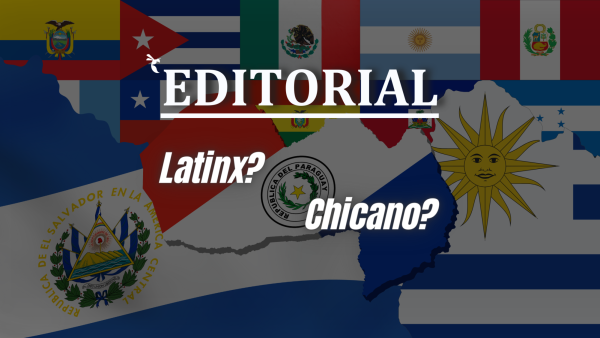
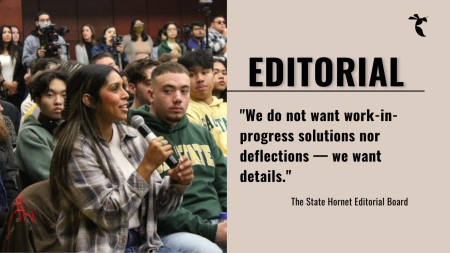
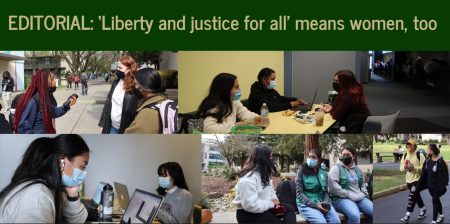
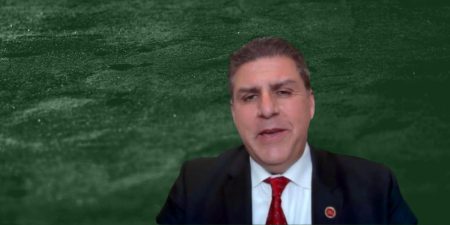
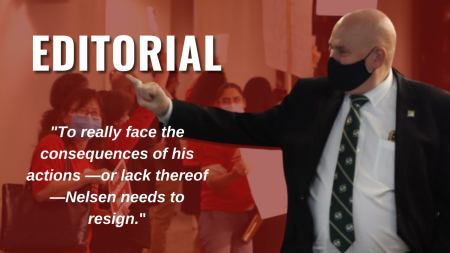
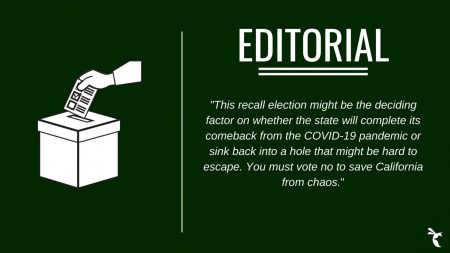
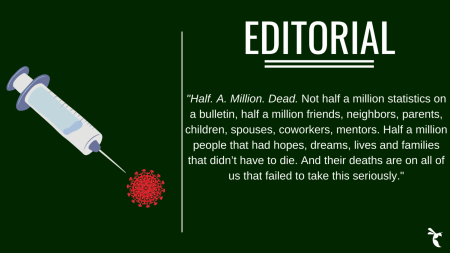
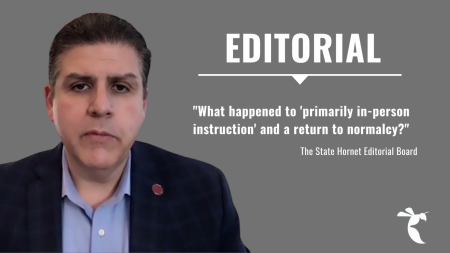
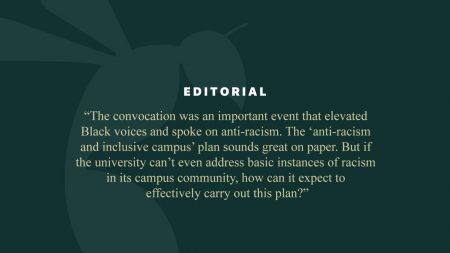
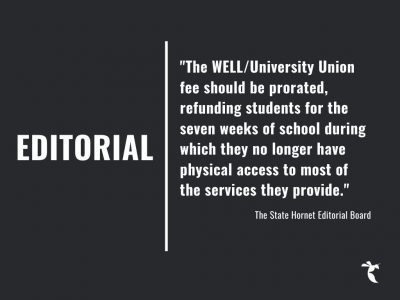
Mark Blackwell • Sep 3, 2016 at 2:18 pm
Very inspiring! Now who’s being politically correct?! It makes those Clive Bundy people seem Petty with their complaints about ancestral rights and claims to land, being trampled on. I’d say get in line, the natives / First Nation have the real complaint!